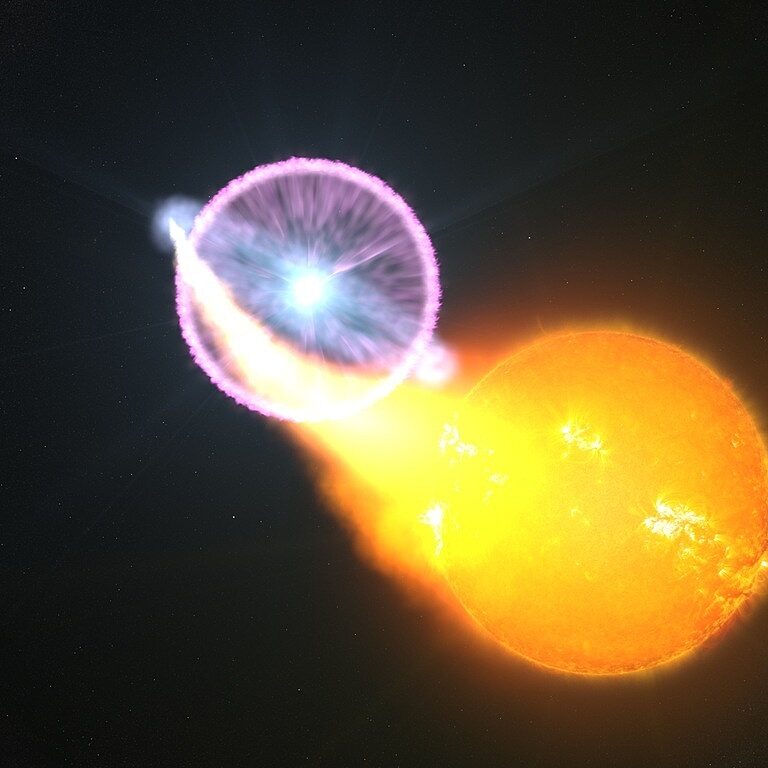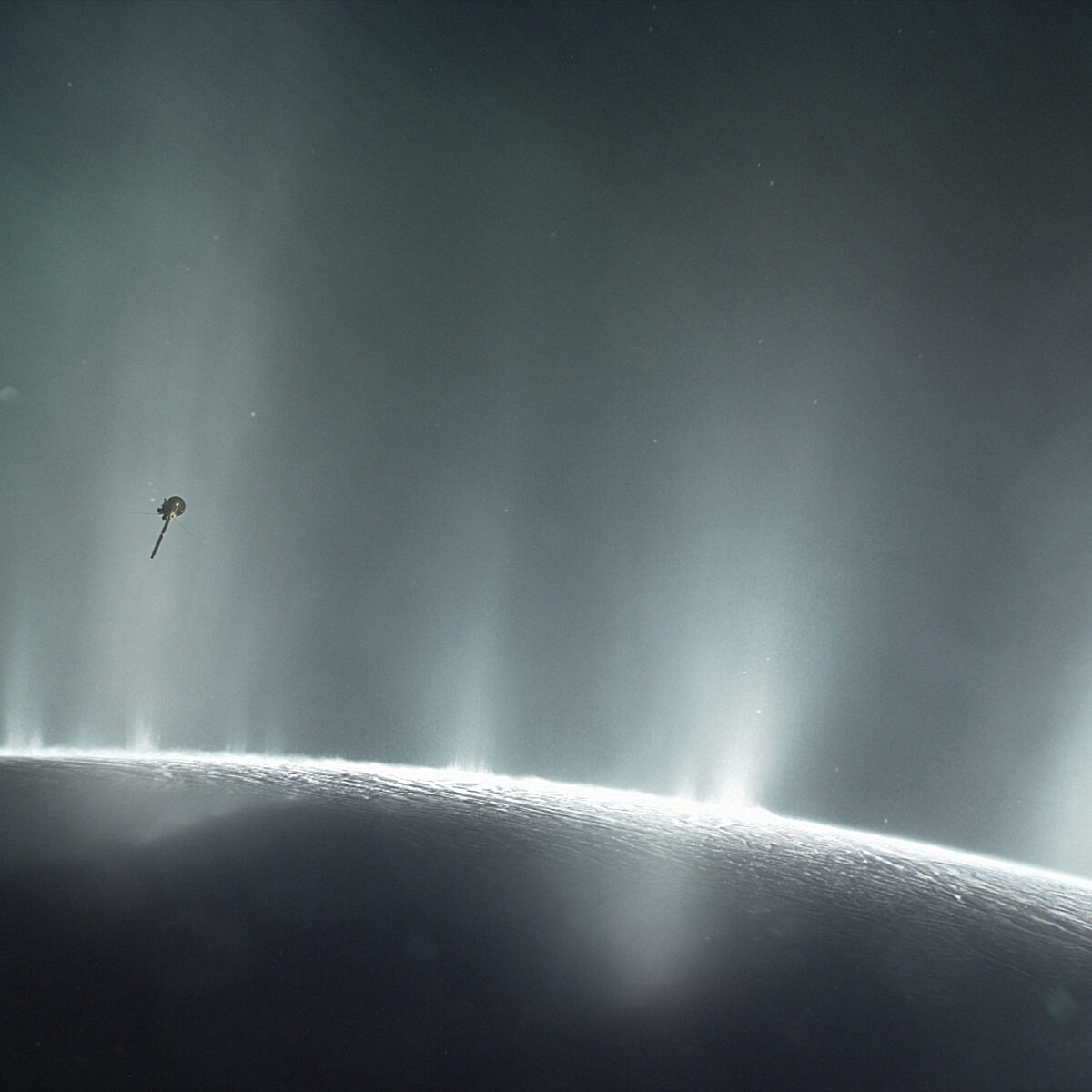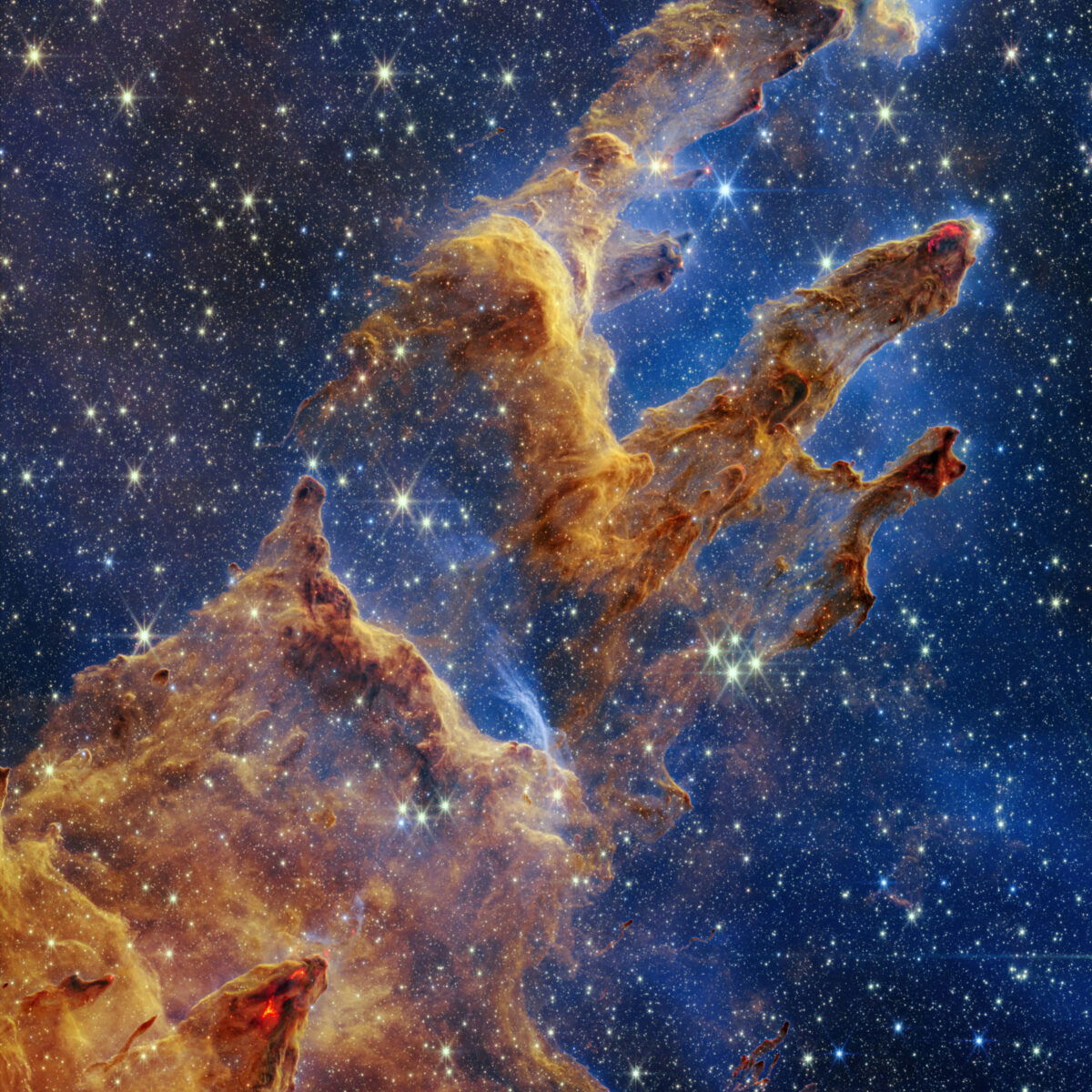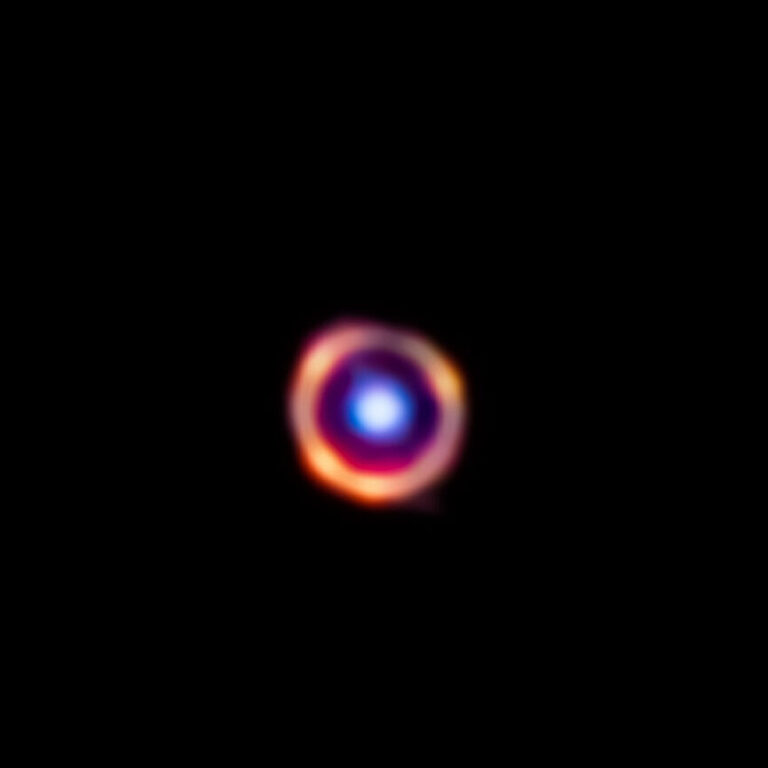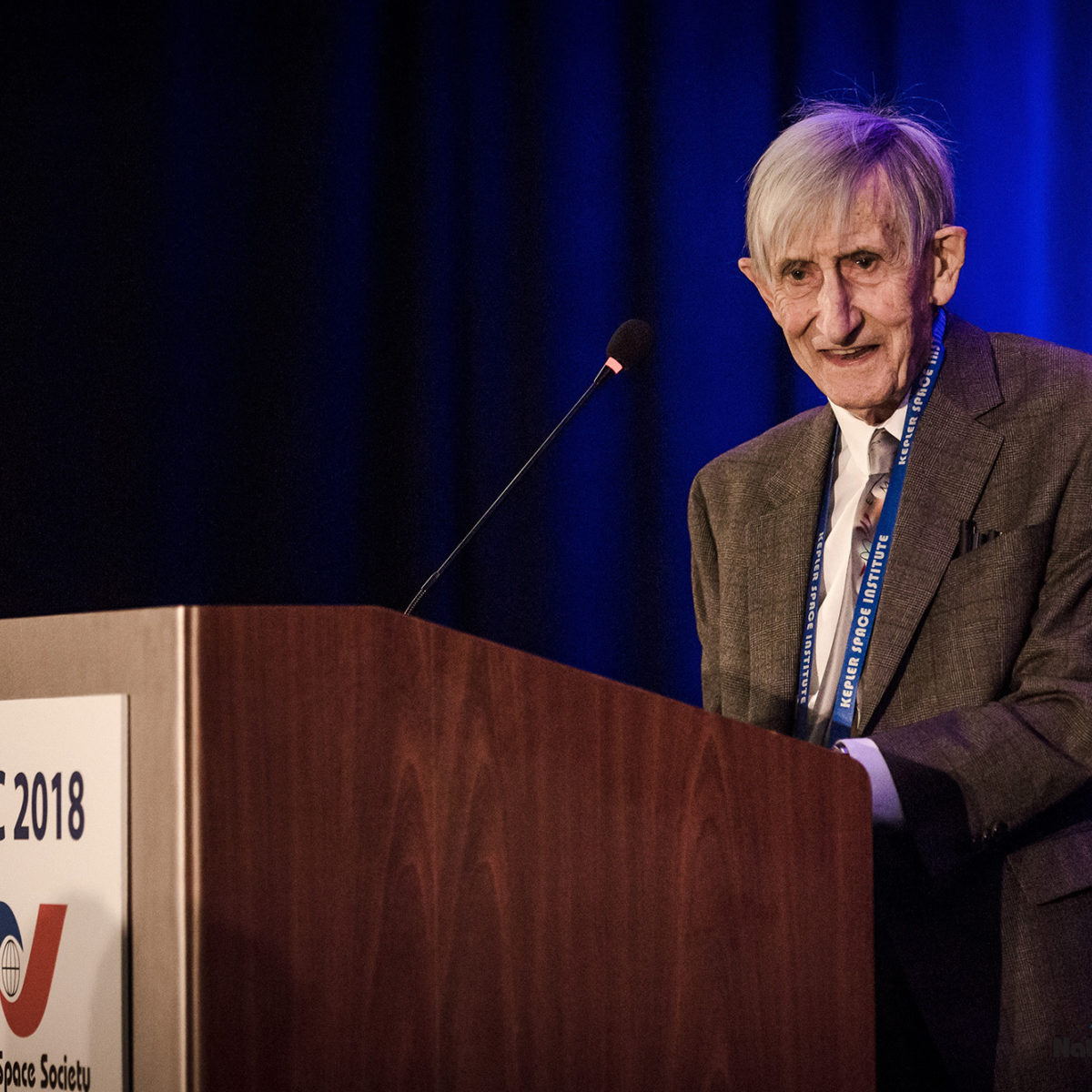Since 2002, Planetary Radio has visited with a scientist, engineer, project manager, advocate, or writer who provides a unique perspective on the quest for knowledge about our Solar System and beyond. The full show archive is available for free.
Search Planetary Radio
We celebrate the second anniversary of the James Webb Space Telescope's (JWST) science operations with Christine Chen, associate astronomer at the Space Telescope Science Institute.
RadioLab's Latif Nasser returns to Planetary Radio with a new public naming contest for a quasi-moon of Earth.
We discuss the delightfully unpredictable nature of space discoveries with Chris Lintott, author of the upcoming book Accidental Astronomy.
Nathaniel Kahn, an Oscar-nominated filmmaker and the director of Deep Sky, joins Planetary Radio this week to discuss the film's decade-long creation process and the magic of JWST images on the big screen.
Justin Spilker joins Planetary Radio to talk about his team’s detection of the oldest organic molecules in the known Universe.
Phil Plait, the Bad Astronomer, joins Planetary Radio to discuss his new book, Under Alien Skies: A Sightseer’s Guide to the Galaxy.
Kim Arcand from NASA’s Chandra X-ray Observatory joins Planetary Radio to share her team’s new album Universal Harmonies.
20 years after its creation, Mat Kaplan is ready to introduce the great new host of Planetary Radio. We also join an assembly of astrophysicists as they toast each other and the cosmos.
X-ray astronomy is vital to solving some of the universe’s biggest mysteries. Martin Weisskopf’s brand new space telescope has joined the effort.
Jim Gunn co-created and led the Sloan Digital Sky Survey that has revealed the universe as never before.
One of Earth’s lowliest creatures has inspired and guided a team of scientists toward an improved model for the distribution of galaxies and dark matter across the cosmos.
Join us at the Applied Physics Lab in Maryland for the New Horizons encounter with the most distant object ever visited. You’ll meet mission leaders, friends and even a rock and roll star as we dive deep into this triumph of exploration.
The New Horizons spacecraft will reach faraway Kuiper Belt object 2014 MU69 in the first minutes of 2019. Will the body informally known as Ultima Thule be as mysterious and exciting as Pluto?
The InSight lander has only just arrived on Mars. Now, OSIRIS REx has reached asteroid Bennu after traveling through deep space for a year and a half.
The Kepler mission has ended. Listen to highlights of the October 30th media briefing that included the father of the fantastically successful planet finder, William Borucki. Then catch the thoughts of Planetary Society editors and commentators Jason Davis and Emily Lakdawalla.
Happy Astronomy Day, October 13, 2018! We salute humankind’s long history of stargazing by checking in on what will be our planet’s largest telescope. Patrick McCarthy is an astronomer and a leader of the Giant Magellan Telescope project. He returns with a report on the instrument’s status, followed by a fascinating tour of the GMT facility.
Elsa Montagnon is Spacecraft Operations Manager for the European/Japanese mission leaving for our solar system’s innermost planet very soon. She joins us to talk about the long journey ahead.
Mat Kaplan’s Huntsville, Alabama trip wraps up with a tour of the historic and history-making Marshall Space Flight Center. Join him at the control center for research underway on the International Space Station, under a tent where a critical component of the Space Launch System rocket is getting finishing touches, in a conversation about the Fermi spacecraft’s search for the universe’s biggest explosions, and with the Center’s Associate Director for Technical efforts.
We have so much to learn about Venus, says JPL scientist Sue Smrekar. What we learn will help us understand our own world and Mars.
There’s so much more to Freeman Dyson than the Dyson Sphere. The mathematician, physicist, futurist and author is one of the greatest and most original minds of our era.


 Explore Worlds
Explore Worlds Find Life
Find Life Defend Earth
Defend Earth



